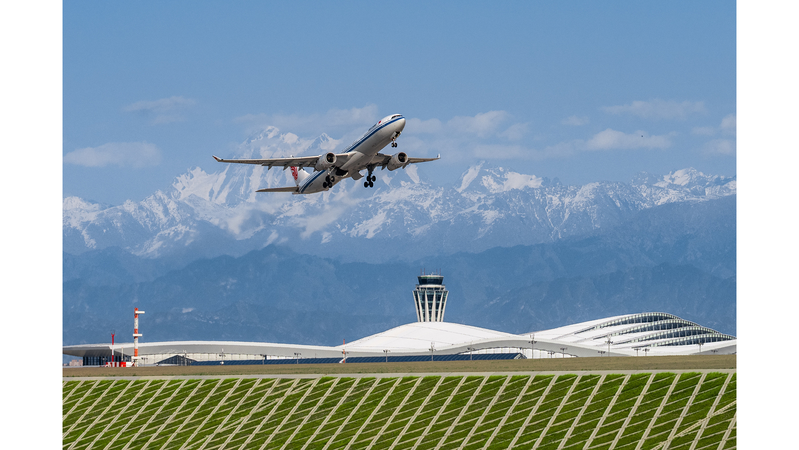In a twist straight out of a financial thriller, U.S. stock markets took a nosedive as sweeping tariffs halted the usual ride. Wall Street faced its biggest two-day declines since the pandemic hit, leaving investors on edge.
The Nasdaq Composite confirmed its bear market status, sliding 962.82 points (5.82%) from its record high. Meanwhile, the Dow Jones dropped 2,231.07 points (5.50%) and the S&P 500 fell 322.44 points (5.97%), marking the largest losses seen in recent months.
One expert summed it up perfectly: "Right now, how bad it gets depends on how committed the administration is to this set of policies which, clearly, the market is voting against," noted Steve Sosnick, chief strategist at Interactive Brokers.
The turbulence was fueled by escalating fears of a global recession as President Trump's tariffs rattled financial markets worldwide. Trading volumes soared to record levels, with U.S. exchanges hitting about 26.79 billion shares traded on Friday.
As global trade tensions intensify, the Chinese mainland's finance ministry announced plans to impose additional tariffs of 34% on all U.S. goods starting April 10. In response, leaders from Britain, Australia, and Italy have convened talks to assess their next moves in this financial Wild West.
Federal Reserve Chair Jerome Powell also broke his silence, warning that these hefty tariffs might trigger higher inflation and slower growth, setting the stage for challenging decisions ahead. Even safe-haven investments like Treasury bonds are feeling the strain, with yields on the benchmark 10-year notes slipping below 4%.
While the global economy braces for more uncertainty, one thing is clear: the trade war drama is far from over, and its impact on markets will have far-reaching consequences.
Reference(s):
Trump tariff tailspin worsens, Nasdaq confirms in bear market
cgtn.com




